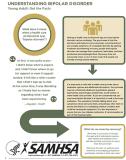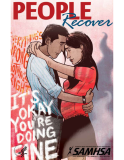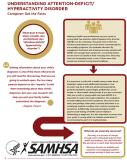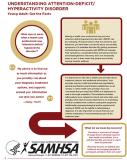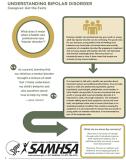
This fact sheet provides an overview of bipolar disorder among youth and young adults. It offers guidance on how to provide support, and recommendations for treatment.
Units per Product
Download
Understanding Bipolar Disorder Caregiver: Get the Facts
File Type: PDF
File Size: 1.17 MB


